def fun1(input):
input.reverse()
return input
this works fine for fun1([1,2,3])
but when i want to do something like this
input = [p,q,r]
print fun1(input)
print input
for both the above statements output is [r,q,p] but I want it to remain [p,q,r].
